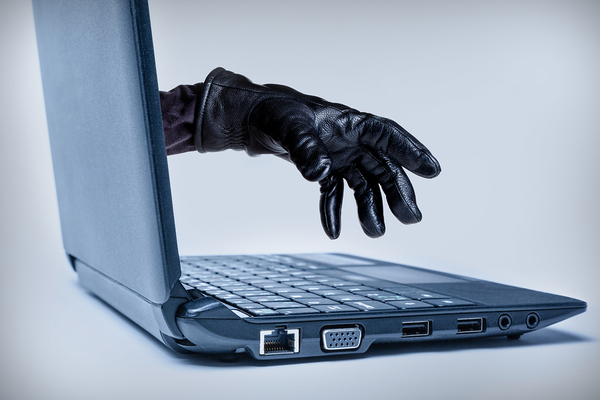Given the number of breaches and thefts of password-protected data over the last several years, it is increasingly becoming obvious that passwords aren’t highly effective at enforcing secure accounts. Take a look into some Cybersecurity Statistics for yourself to see how prevalent cyber-attacks are becoming on businesses and personal devices and information.
The problem is compounded, of course, by the fact that many users of digital devices don’t follow recommended steps for password security, such as choosing difficult phrases rather than easy-to-remember standbys like “password” or “1234” and changing their passwords regularly.
Protecting information and making accounts secure is a key part of business strategy. Given the dangers cybertheft and identity theft pose, a perception that the digital world is not secure could have major negative impacts on businesses in the sphere.

Hackers may be able to spoof many alternatives, like fingerprints, voice, and facial recognition.
A Range of Options, but Nothing Foolproof
As a result, finding alternatives to passwords for cybersecurity is a burgeoning field in technology news.
The problem is, nothing seems entirely foolproof.
Financial institutions have moved strongly into voice recognition. Voice recognition has been rolled out by banks like Barclay’s and HSBC. Both banks, and the many others that use voice recognition promise that a voice is as distinctive as a fingerprint — and thus, presumably, unhackable.
However, in a celebrated incident in the U.K., The Guardian reported that an HSBC account holders nonidentical twin brother successfully imitated his voice and fooled the system into letting him access the account.
Fingerprints, similarly, may be distinctive, but they are not replicable. We all leave our fingerprints everywhere we’ve touched. As a result, it is possible to “spoof” a fingerprint by picking up and duplicating the fingerprints.
Think facial recognition works? Apparently, it can be fooled by masks.
Do Bodily Fluids Work?
Recently, Forbes reported on research that indicates bodily fluids like blood and sweat would work. In case consumers have visions of having to prick their finger to prove identity or access their accounts, researchers have focused on sweat as the more practical alternative.
Like fingerprints, sweat is left everywhere we touch. Theoretically, it should be easy to swipe a finger and unlock an account with the chemicals in perspiration.
The chemical composition of body fluids, like voiceprints and fingerprints, is unique to each individual.
But sweat’s main contribution to cybersecurity may be its unhackable-for-long nature. As it turns out, sweat is unique, but it changes over time. Diet and other factors are determinative, and they change.
As a result, a cyberthief could try to pick up sweat from a surface someone’s touched, yes, and spoof it. But the utility of whatever was spoofed would come to an end in the short term because the chemical composition of the account user’s sweat would change.
And the systems in development would be able to detect non-change or predict change.
This change potential makes bodily fluids potentially a more secure method of ascertaining identity than voice or face, which don’t change that much over time.
Cybersecurity systems utilizing bodily fluids are still in research and development. Nonetheless, it’s good to know which way the field is trending.
Multiple cybersecurity systems can be hacked. Systems utilizing bodily fluid may be among the most secure yet.
